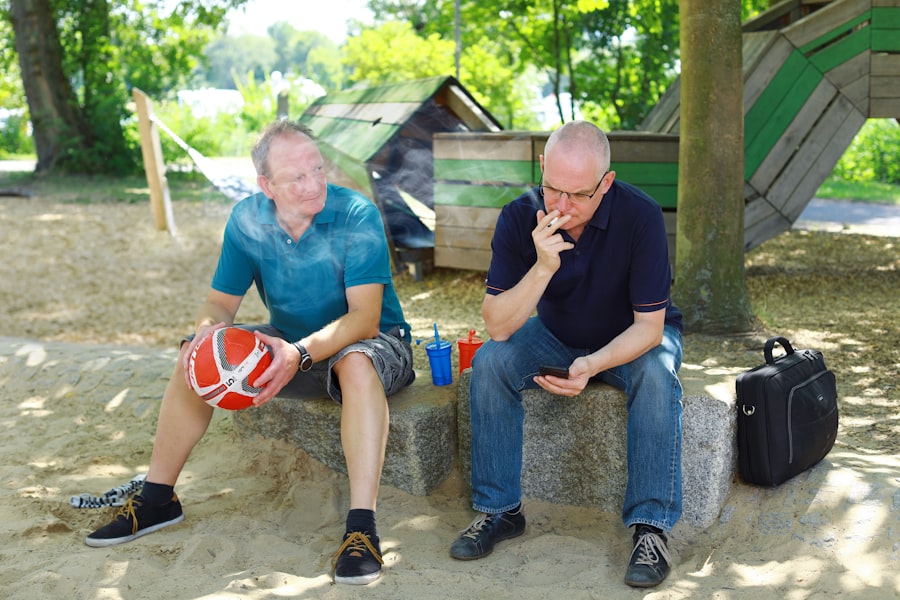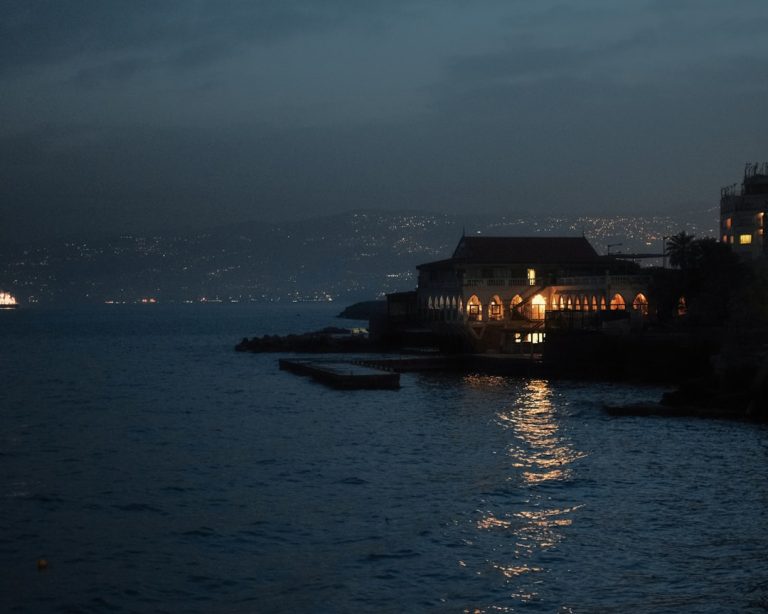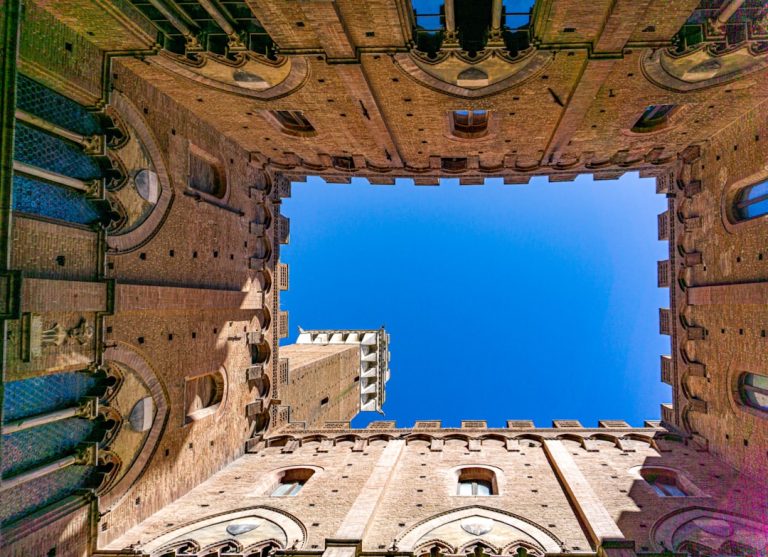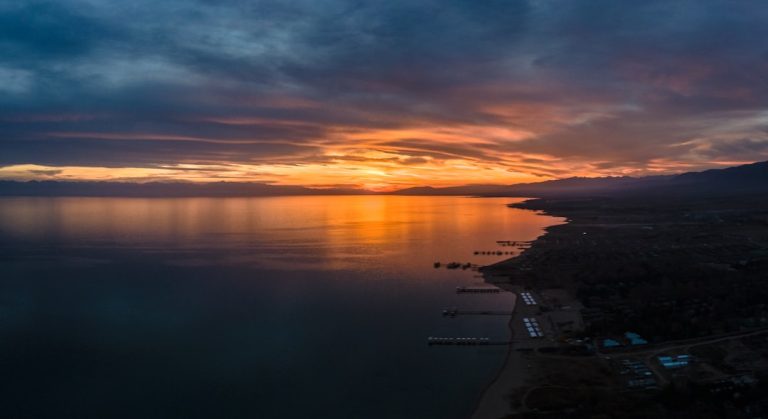
Ghana, located on the west coast of Africa, is a nation rich in history, culture, and natural beauty. Bordered by Côte d’Ivoire to the west, Burkina Faso to the north, and Togo to the east, Ghana boasts a diverse landscape that ranges from coastal beaches to lush forests and savannahs. The country is known for its warm hospitality, vibrant traditions, and a strong sense of community among its people.
With a population of over 31 million, Ghana is a melting pot of ethnic groups, languages, and customs, making it a fascinating destination for travelers seeking an authentic African experience. The capital city, Accra, serves as the heartbeat of the nation, pulsating with energy and life. It is a hub of political, economic, and cultural activities, where modernity meets tradition.
Ghana’s rich history is reflected in its colonial architecture, bustling markets, and vibrant street life. The country gained independence from British colonial rule in 1957, becoming the first sub-Saharan African nation to do so. This pivotal moment in history has shaped Ghana’s identity and continues to influence its path toward development and progress.
Key Takeaways
- Ghana is a vibrant West African country known for its rich history, diverse culture, and warm hospitality.
- Historical and cultural sights in Ghana include the Cape Coast Castle, Elmina Castle, and the Ashanti Kingdom.
- Natural wonders and landmarks in Ghana include the Kakum National Park, Wli Waterfalls, and Mole National Park.
- Famous cities and towns in Ghana include Accra, Kumasi, and Cape Coast, each offering unique experiences and attractions.
- Traditional Ghanaian cuisine features dishes like jollof rice, banku and tilapia, and fufu, and local markets offer a variety of fresh produce and handicrafts.
- When traveling to Ghana, it’s important to pack light, respect local customs, and be prepared for the tropical climate and potential health risks.
Historical and Cultural Sights in Ghana
Ghana is home to numerous historical and cultural sites that tell the story of its past and the resilience of its people. One of the most significant landmarks is the Cape Coast Castle, a UNESCO World Heritage Site that played a crucial role in the transatlantic slave trade. Built by the Swedish in the 17th century and later expanded by the British, this fortress served as a holding point for enslaved Africans before they were shipped across the Atlantic.
Visitors can explore the dungeons where captives were kept in appalling conditions and learn about the harrowing history that unfolded within its walls. The castle also offers stunning views of the Atlantic Ocean, juxtaposing its dark past with the beauty of its surroundings. Another important site is the Ashanti Kingdom’s capital, Kumasi, which is steeped in rich traditions and history.
The Manhyia Palace Museum provides insight into the life of the Ashanti kings and their role in Ghana’s history. The museum houses artifacts, royal regalia, and photographs that chronicle the Ashanti Empire’s rise and influence in West Africa. Additionally, the Kejetia Market in Kumasi is one of the largest open-air markets in West Africa, where visitors can immerse themselves in local culture by interacting with vendors selling everything from textiles to traditional crafts.
The vibrant atmosphere of the market reflects the daily lives of Ghanaians and their enduring customs.
Natural Wonders and Landmarks in Ghana

Ghana’s natural beauty is as diverse as its cultural heritage, offering a plethora of landscapes that captivate visitors. One of the most remarkable natural wonders is Kakum National Park, located near Cape Coast. This tropical rainforest is home to an array of wildlife, including monkeys, birds, and butterflies.
The park’s most famous feature is its canopy walkway, which stretches over 330 meters above the forest floor. Walking along this suspended bridge provides an exhilarating experience as visitors can observe the lush vegetation and wildlife from a unique vantage point. The park also offers guided nature walks that educate visitors about the ecosystem and conservation efforts.
Another stunning landmark is Lake Volta, one of the largest artificial lakes in the world. Created by the construction of the Akosombo Dam in the 1960s, Lake Volta covers approximately 8,482 square kilometers and provides opportunities for fishing, boating, and birdwatching. The lake’s serene beauty is complemented by surrounding hills and lush greenery, making it a popular destination for both locals and tourists.
Visitors can take boat trips to explore remote islands or visit nearby fishing communities to learn about traditional fishing practices. The lake’s significance extends beyond recreation; it plays a vital role in Ghana’s economy by providing hydroelectric power and supporting agriculture.
Famous Cities and Towns in Ghana
| City/Town | Region | Population | Main Attraction |
|---|---|---|---|
| Accra | Greater Accra | 2,291,352 | Independence Arch |
| Kumasi | Ashanti | 1,971,246 | Manhyia Palace |
| Takoradi | Western | 445,205 | Takoradi Market Circle |
| Tamale | Northern | 360,579 | Tamale Central Mosque |
Accra, as the capital city, is undoubtedly one of Ghana’s most famous urban centers. It is a bustling metropolis that showcases a blend of modernity and tradition. Landmarks such as Independence Arch and Kwame Nkrumah Mausoleum pay homage to Ghana’s struggle for independence and its first president.
The city is also known for its vibrant arts scene, with numerous galleries and cultural institutions promoting local artists. Osu Castle, another historical site located along the coast, offers insights into Ghana’s colonial past while serving as a picturesque backdrop for leisurely strolls along the beach. Kumasi stands out as another prominent city with deep cultural roots.
As the heart of the Ashanti region, it is renowned for its rich traditions and craftsmanship. The city hosts various festivals throughout the year that celebrate Ashanti culture, including the Akwasidae Festival, which honors ancestors and showcases traditional music and dance. Additionally, Kumasi’s vibrant craft markets are famous for kente cloth weaving—a colorful textile that holds significant cultural meaning.
Visitors can witness artisans at work and purchase authentic kente pieces as souvenirs. Tamale, located in northern Ghana, offers a different perspective on Ghanaian culture. As one of the fastest-growing cities in West Africa, Tamale serves as a gateway to exploring the northern regions’ unique traditions and landscapes.
The city is known for its traditional mud-brick architecture and vibrant markets where local produce and crafts are sold. Nearby attractions include Mole National Park, home to elephants and other wildlife, providing opportunities for safari experiences that showcase Ghana’s natural diversity.
Traditional Ghanaian Cuisine and Local Markets
Ghanaian cuisine is a delightful reflection of its diverse cultures and agricultural abundance. One of the most iconic dishes is jollof rice—a flavorful one-pot dish made with rice cooked in a rich tomato sauce along with spices and vegetables. Often served with fried plantains or grilled chicken, jollof rice has become a staple at celebrations and gatherings across West Africa.
Another beloved dish is fufu, a starchy side made from cassava or plantains that are pounded into a smooth dough-like consistency. Fufu is typically served with soups or stews such as light soup or groundnut soup. Local markets play an essential role in Ghanaian culinary culture.
Markets like Makola Market in Accra are bustling hubs where vendors sell fresh produce, spices, fish, and meats. The vibrant colors and aromas create an immersive experience for visitors looking to explore local flavors. Street food is also an integral part of Ghanaian cuisine; vendors offer snacks like kelewele (spicy fried plantains) or waakye (rice and beans) that are both delicious and affordable.
Sampling these dishes provides insight into everyday life in Ghana while allowing travelers to connect with locals through food.
Tips for Traveling to Ghana

Traveling to Ghana can be an enriching experience with proper preparation and awareness of local customs. First and foremost, obtaining a visa prior to arrival is essential for most travelers; it’s advisable to check specific requirements based on nationality well in advance of your trip. Additionally, vaccinations for diseases such as yellow fever are mandatory for entry into Ghana; travelers should consult their healthcare provider for recommended vaccinations before departure.
Cultural sensitivity is crucial when visiting Ghana. Understanding local customs—such as greetings—can enhance interactions with residents. Ghanaians often greet each other with a handshake followed by snapping fingers; this gesture signifies warmth and friendliness.
Dress modestly when visiting rural areas or religious sites; traditional attire is appreciated during cultural events or festivals. Furthermore, learning a few phrases in Twi or other local languages can go a long way in building rapport with locals. Transportation within Ghana varies from public buses to shared taxis known as “trotros.” While these options are economical, they may not always adhere to strict schedules; thus, planning ahead is advisable.
For those seeking more comfort or convenience, hiring a private driver or using ride-hailing apps can provide flexibility during your travels. In conclusion, Ghana offers an array of experiences that cater to diverse interests—from historical explorations to culinary adventures amidst vibrant markets. With its rich tapestry of culture and natural beauty, it stands as an inviting destination for travelers eager to immerse themselves in West African heritage.
If you’re interested in learning more about various countries and their unique characteristics, you might find the article on Country Studies particularly enlightening. This resource offers in-depth information that complements the insights provided in articles like “Ghana Facts, Places, and Sights,” by exploring different nations comprehensively. Whether you’re researching for academic purposes or simply satisfying your curiosity about global cultures, this article serves as a valuable tool for understanding the diverse contexts and historical backgrounds of countries worldwide.
FAQs
What are some interesting facts about Ghana?
– Ghana was the first African country to gain independence from colonial rule in 1957.
– The country is known for its rich cultural heritage, including traditional festivals, music, and dance.
– Ghana is the second-largest producer of cocoa in the world.
– The capital city of Ghana is Accra, and the official language is English.
– The country is home to the largest man-made lake in the world, Lake Volta.
What are some popular places to visit in Ghana?
– Cape Coast Castle: A UNESCO World Heritage site that played a significant role in the transatlantic slave trade.
– Kakum National Park: Known for its canopy walkway and diverse wildlife.
– Mole National Park: A popular destination for safari tours and wildlife viewing.
– Elmina Castle: Another historic site related to the slave trade, also a UNESCO World Heritage site.
– Kwame Nkrumah Mausoleum: A memorial to Ghana’s first president, Kwame Nkrumah, located in Accra.
What are some must-see sights in Ghana?
– The Ashanti Kingdom: Known for its vibrant culture and traditional ceremonies.
– Wli Waterfalls: The highest waterfall in West Africa, located in the Volta Region.
– Busua Beach: A popular beach destination for surfing and relaxation.
– Aburi Botanical Gardens: A peaceful retreat with a variety of plant species and walking trails.
– Larabanga Mosque: One of the oldest mosques in West Africa, known for its unique architecture.



